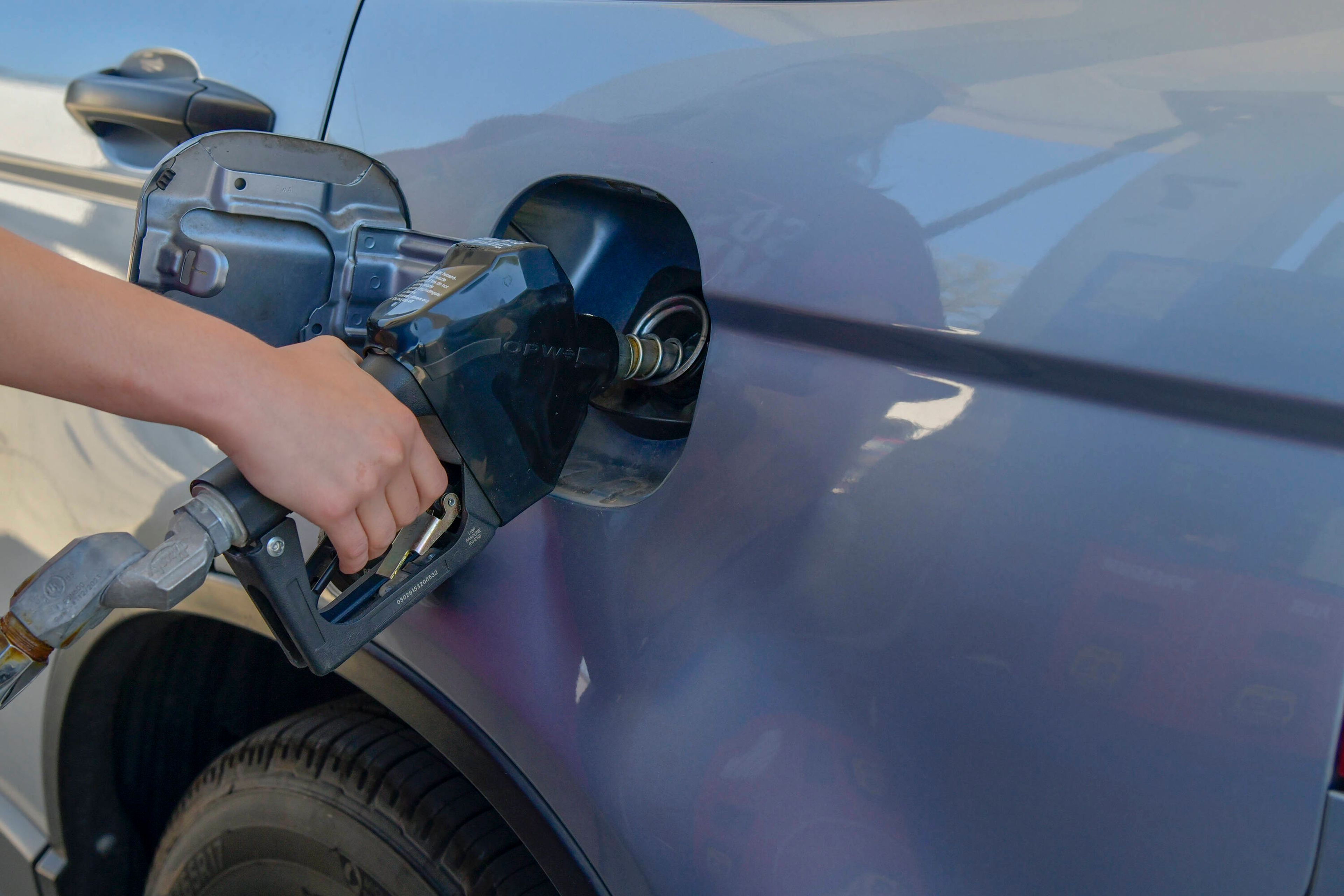To the editor:
The Bush Administration's recent decision to end the government's 8-year-old failed program to drive up the fuel efficiency of gasoline engines at any cost was a step forward.
Energy Secretary Spence Abraham announced last month that the government was dropping taxpayer support aimed at developing a gasoline-powered car that would deliver 80 miles to the gallon by 2004. After eight years and $1.5 billion in taxpayer money spent with no hope of reaching the goal, Secretary Abraham was right to have this project towed away.
The government and the Big Three automakers are now going to cooperate in the much more promising field of fuel cell technology -- the science of fueling cars with a mix of hydrogen and oxygen. The only emission is water vapor, and even the most militant Greens should be able to live with that.
Fuel cell technology is one solution making a lot more sense than trying to hit consumers and automakers with unreasonable and unrealistic demands for quick and drastic increases in the fuel efficiency of gasoline-powered vehicles.
Unfortunately, a handful of environmental lobbyists and their allies in the Senate still haven't processed reality. They are gearing up to demand a drastic increase in the Corporate Average Fuel Efficiency (CAFE) regulations for light-trucks, which includes SUVs, pickup trucks and minivans.
Light trucks are one of the few bright spots in the troubled auto industry, which accounts for one out of seven jobs in America.
If manufacturers were required to meet proposed fuel efficiency mandates for light trucks, they would be forced to significantly reduce the size and power of these vehicles. At the same time, prices would rise dramatically - $2,500 per vehicle, at a minimum.
It's the extra size, power and safety features that consumers look for in these vehicles.
Entrepreneurs and automakers are already on track to develop energy-efficient and safe vehicles because this is what the public wants. Being responsive to the public is a must for businesses. It's also not a bad idea for government.
KAREN KERRIGAN
chairman
Small Business Survival Committee
Washington, D.C.
Connect with the Southeast Missourian Newsroom:
For corrections to this story or other insights for the editor, click here. To submit a letter to the editor, click here. To learn about the Southeast Missourian’s AI Policy, click here.








